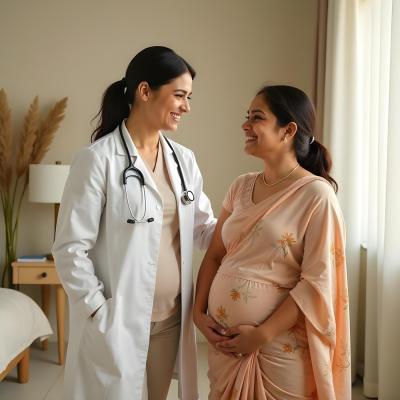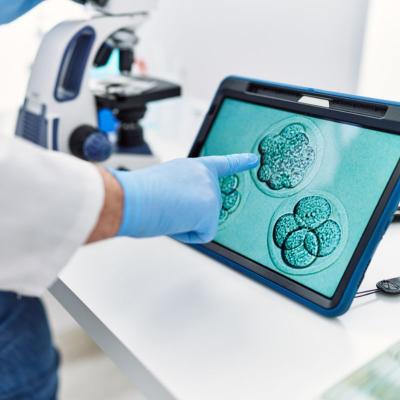Get Directions to Our Clinic (Google Maps)
Breast cancer is one of the most common cancers affecting women worldwide. According to the World Health Organization, breast cancer is the most common cancer among women, with an estimated 2.3 million new cases diagnosed in 2020 alone. Early detection through regular screening is crucial for improving outcomes and increasing the chances of successful treatment.
Importance of Regular Breast Cancer Screening
Regular breast cancer screening helps detect cancer at an early stage when it is more treatable. Screening also helps identify other breast abnormalities like cysts or benign tumors that may require further evaluation.
Types of Breast Cancer Screening
Mammography
Mammography is the most common breast cancer screening tool. It involves taking x-ray images of breast tissue to detect abnormalities, such as lumps or calcifications.
Clinical Breast Exam
A clinical breast exam is performed by a healthcare provider, examining the breasts and underarms for lumps or other changes.
Self-Breast Exam
Women can perform self-breast exams to check for any changes, including lumps or skin changes.
Recommended Screening Age
The American Cancer Society recommends that women begin regular breast cancer screening at age 45, with annual mammograms until age 54. After 55, women may continue annual mammograms or switch to screening every other year. Women with a family history or other risk factors may require earlier or additional screening, such as breast MRI.
Benefits of Early Detection
Early detection significantly improves outcomes. The five-year survival rate for breast cancer is 99% when detected early. Regular screening allows for timely treatment and better prognosis.
Addressing Concerns About Screening
While some women may find breast cancer screening uncomfortable or anxiety-inducing, the benefits far outweigh any temporary discomfort. Discuss your concerns with your healthcare provider to understand your individual risk and develop a screening plan tailored to you. Book an Appointment with Our Clinic
Conclusion
Breast cancer is a serious health concern for women, but regular screening through mammography, clinical exams, and self-exams can detect it early and improve outcomes. Talk to your doctor about your personal risk and develop a screening plan appropriate for your age and medical history. For expert guidance, visit our clinic: Get Directions to Our Clinic (Google Maps)











